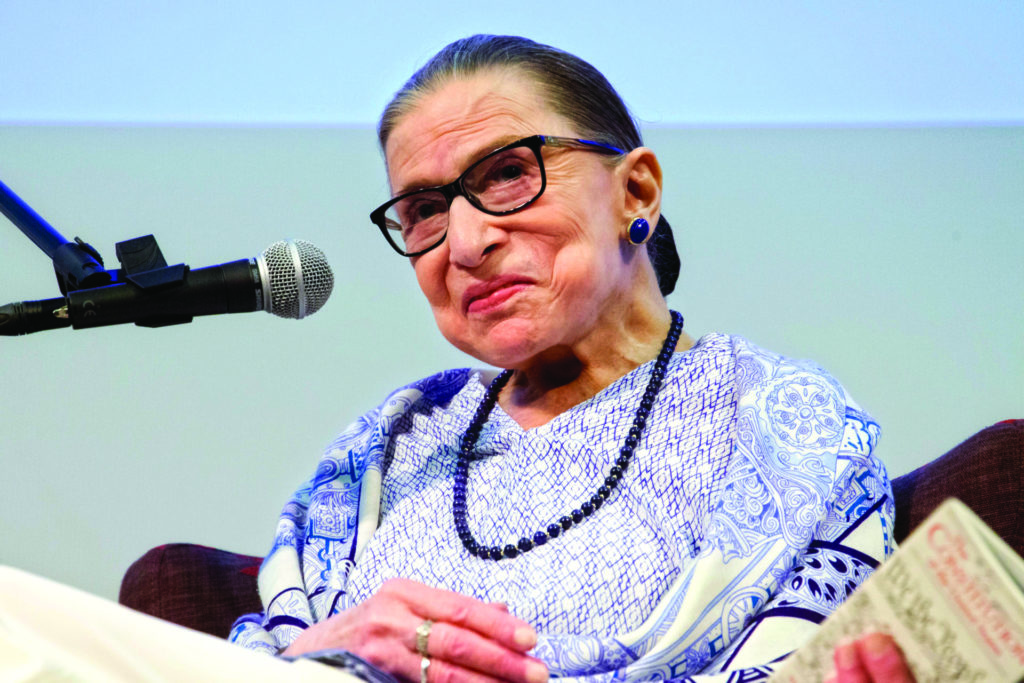Opinions & observations: Goodbye, but not farewell, Justice Ruth Bader Ginsburg

A note from columnist Charles F. Otey, Esq., in whose column this piece originally appeared: With the loss of the incredible Justice Ruth Bader Ginsburg this past week, we were all deluged by floods of words on her life and achievements, many by writers who had never met this courageous lawyer. So, we called on someone who had known Justice Ginsburg and — at the same time — was thoroughly schooled in the legal arts and shared her undying passion for the rule of law. Within a few days of asking former Brooklyn Law School Dean Nicholas Allard to help us out, we received this moving, personal “elegy.” Since leaving as dean and president of BLS, where he was credited by this alum for “bringing Brooklyn Law School into the 21st Century,” barrister Allard has been with Dentons, the world’s largest law firm. Prior to becoming dean at BLS, he was a lead partner with Patton Boggs — one of the world’s most influential law firms.
Our debt to you is without bounds for all you accomplished for so long in the face of daunting obstacles. Although you have left us in a very final way, your legacy will endure and grow. Your life and life’s work inspires others to continue, as you did, history’s unending fight for equal rights and justice for all people.
Now is not the time for us to mope or give up. At this painful and troubling moment, somehow we must learn to carry on without you in a Ruth-less world. You have taught us how and we will need every ounce of your courage, determination and faith that the world can be better.

Brooklyn Boro
View MoreNew York City’s most populous borough, Brooklyn, is home to nearly 2.6 million residents. If Brooklyn were an independent city it would be the fourth largest city in the United States. While Brooklyn has become the epitome of ‘cool and hip’ in recent years, for those that were born here, raised families here and improved communities over the years, Brooklyn has never been ‘uncool’.